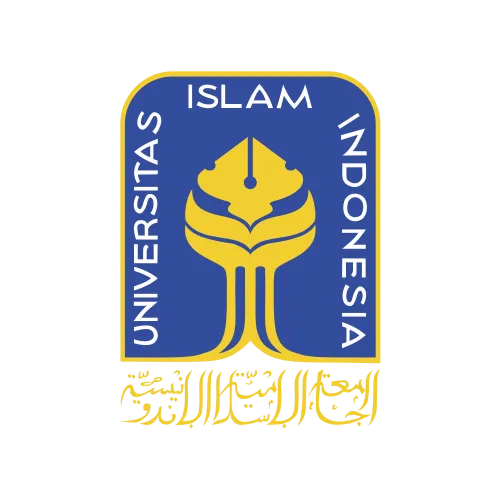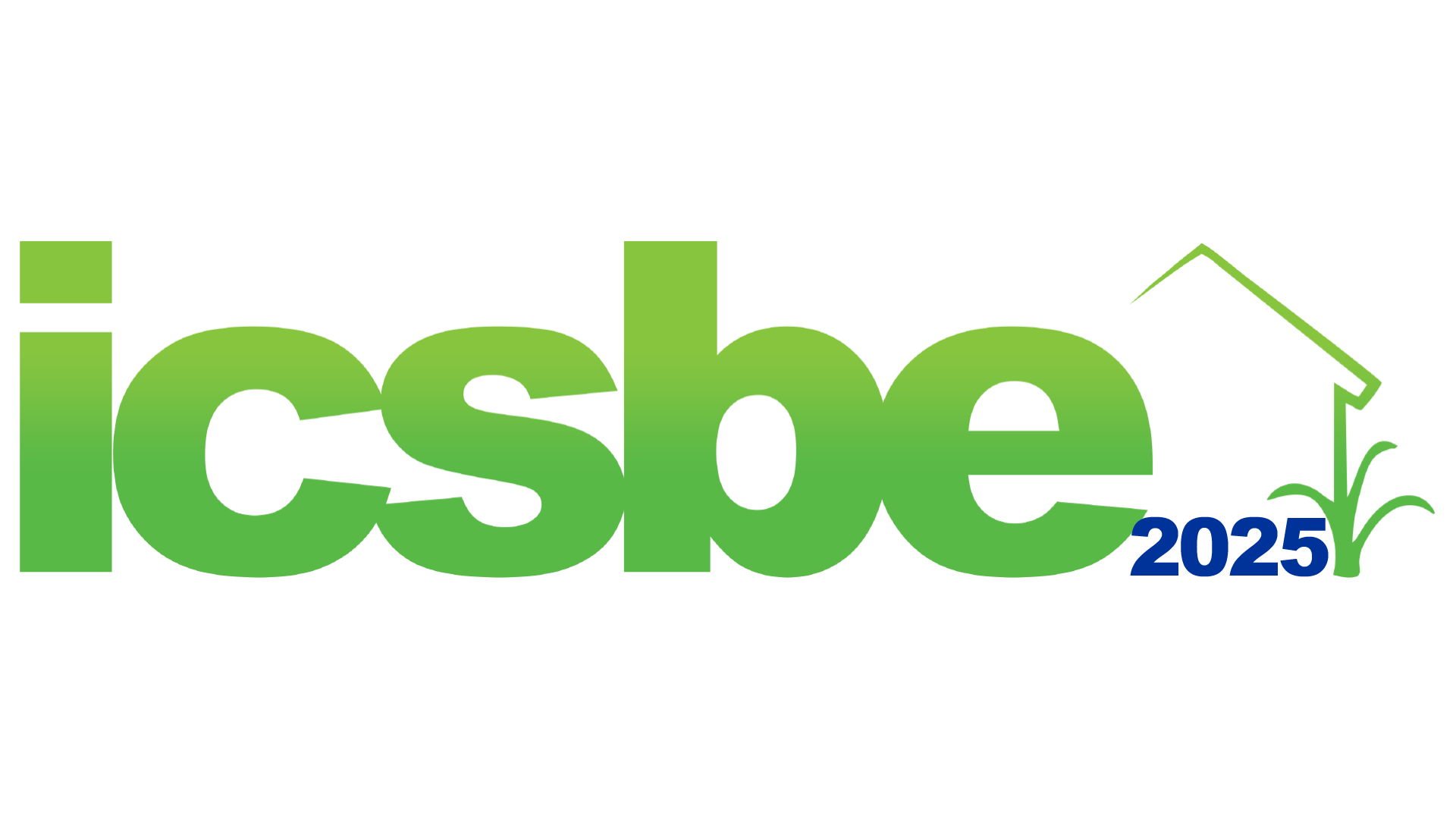Author Guidelines
Author Guidelines
1. General Information
The ICSBE invites researchers, academics, practitioners, and policymakers to submit original, high-quality papers that contribute to the discourse on sustainable built environments. We encourage submissions that are interdisciplinary, critical, and forward-thinking, particularly those that bridge the gap between traditional knowledge and modern technology.
All submissions must be in English and must not have been published previously or be under consideration for publication elsewhere.
2. Important Dates
- Abstract Submission Deadline: [Date]
- Notification of Abstract Acceptance: [Date]
- Full Paper Submission Deadline: [Date]
- Notification of Paper Acceptance: [Date]
- Camera-Ready Paper Deadline: [Date]
- Conference Dates: [Dates]
3. Submission Tracks & Scope
Authors must select from the list below during submission. Interdisciplinary papers that touch upon multiple tracks are welcome but should identify a primary focus.
Sub-topic 1: Environmental Technology and Engineering for Sustainability
- Focus: Innovative engineering solutions for energy efficiency, water management, waste treatment, renewable energy integration, and pollution control in buildings and infrastructure.
- Keywords: Low-carbon tech, passive design, renewable energy systems, smart grids, life-cycle assessment (LCA).
Sub-topic 2: Traditional Resilience and Vernacular Adaptation
- Focus: Critical analysis and modern application of vernacular architecture, indigenous building techniques, and historical adaptation strategies to contemporary environmental challenges.
- Keywords: Vernacular architecture, passive cooling/heating, climate-responsive design, indigenous knowledge, historic preservation.
Sub-topic 3: Local Logic and Sustainable Ecosystems
- Focus: Understanding and integrating local socio-ecological systems, bioclimatic principles, and community-based resource management into planning and design.
- Keywords: Socio-ecological systems, place-based design, bioregionalism, community stewardship, ecosystem services.
Sub-topic 4: Circular Economy and Local Materials
- Focus: Strategies for implementing circular economy principles in construction, including the use of local, natural, and recycled materials, design for disassembly, and waste-to-resource models.
- Keywords: Cradle-to-cradle, material passports, bio-based materials, construction & demolition waste, local sourcing.
Sub-topic 5: Culture-Based Technologies and Infrastructure
- Focus: The development and deployment of technologies and infrastructure that are culturally appropriate, socially inclusive, and reflect local values and practices.
- Keywords: Appropriate technology, cultural heritage, community-led infrastructure, socially responsive design.
Sub-topic 6: Digitalization for Collective Sustainability
- Focus: The role of BIM, GIS, IoT, AI, and digital twins in optimizing resource use, enhancing community engagement, monitoring environmental performance, and fostering collaborative platforms.
- Keywords: Building Information Modeling (BIM), Internet of Things (IoT), Artificial Intelligence (AI), digital twin, smart communities.
Sub-topic 7: Urban–Rural Symbiosis and Resource Connectivity
- Focus: Planning and design strategies that create mutually beneficial linkages between urban and rural areas, focusing on food systems, resource flows, economic partnerships, and ecological corridors.
- Keywords: Regional planning, food-energy-water nexus, metabolic flows, peri-urban development, resilient supply chains.
Sub-topic 8: Construction Ethics and Cultural Codes
- Focus: Ethical considerations in construction, including labor practices, respect for cultural and spiritual codes in the built form, and the moral responsibilities of architects and planners.
- Keywords: Ethical sourcing, social equity, cultural significance, symbolic meaning, professional ethics.
Sub-topic 9: Law, Policy, and the Right to a Livable Life
- Focus: Analysis of legal frameworks, policies, and governance models that promote sustainability, ensure environmental justice, and secure the right to adequate housing, clean environment, and cultural expression.
- Keywords: Environmental law, green building codes, policy instruments, right to the city, climate justice, governance.
4. Submission Types & Formatting Requirements
A. Abstract Submission (First Stage)
- Length: 300-500 words.
- Content: Must clearly state the paper's objectives, methodology, key findings, and conclusions. Explicitly state which conference track the paper addresses and its contribution to the field.
- Format: A single PDF file, using the template provided on the conference website. Include the paper title, author names and affiliations, and 5 keywords.
B. Full Paper Submission (After Abstract Acceptance)
- Length: 4,000-8,000 words (including abstract, references, and captions).
- Language: English (UK or US spelling consistent throughout).
- File Format: Microsoft Word (.docx) for review; PDF for final camera-ready version.
- Formatting:
* Page Size: A4
* Margins: 2.5 cm (1 inch) on all sides
* Font: 12-point, Times New Roman
* Line Spacing: Double
* Structure: The paper must include the following sections in order:
1. Title (clear and descriptive)
2. Author Names and Affiliations (omit for blind review version)
3. Abstract (250 words)
4. Keywords (5-7 words)
5. Introduction (including problem statement, literature gap, and research objectives)
6. Methods/Methodology
7. Results/Findings
8. Discussion
9. Conclusion (including limitations and recommendations for future work)
10. Acknowledgements (if applicable)
11. References
12. Figures and Tables (placed within the text, not at the end)
C. References Style
- Use APA (7th Edition) referencing style.
- Examples:
*Book: Alexander, C. (1977). A Pattern Language. Oxford University Press.
*Journal Article: Dovey, K., & Pafka, E. (2017). What is functional mix? An assemblage approach. *Planning Theory & Practice, 18*(2), 249-267.
*Conference Paper: Sennett, R. (2018). The Open City. In *Proceedings of the International Conference on Urban Ethics (pp. 15-22). ETH Zurich.
D. Figures and Tables
- All figures and tables must be numbered (e.g., Figure 1, Table 1) and have concise captions.
- Ensure all graphics are high-resolution (minimum 300 dpi) and legible.
5. Review Process
- All submissions will undergo a **double-blind peer-review process** by an international scientific committee.
- Authors must ensure that all identifying information (names, affiliations, acknowledgements) is removed from the manuscript submitted for review.
- Acceptance will be based on originality, significance, rigor, clarity, and relevance to the conference themes.
6. Ethical Guidelines
- Authors must confirm that their work is original and that they have appropriately cited all sources.
- Plagiarism in any form is unacceptable and will lead to immediate rejection.
- For research involving human subjects, evidence of ethical approval from a relevant institutional review board must be available upon request.
7. Publication
All accepted and presented papers will be published in the Conference Proceedings with an ISBN. Selected high-quality papers will be invited for publication in a Special Issue of a partnering international journal (to be announced).
We look forward to your valuable contributions and to welcoming you to a fruitful and inspiring discussion on building a sustainable future.

